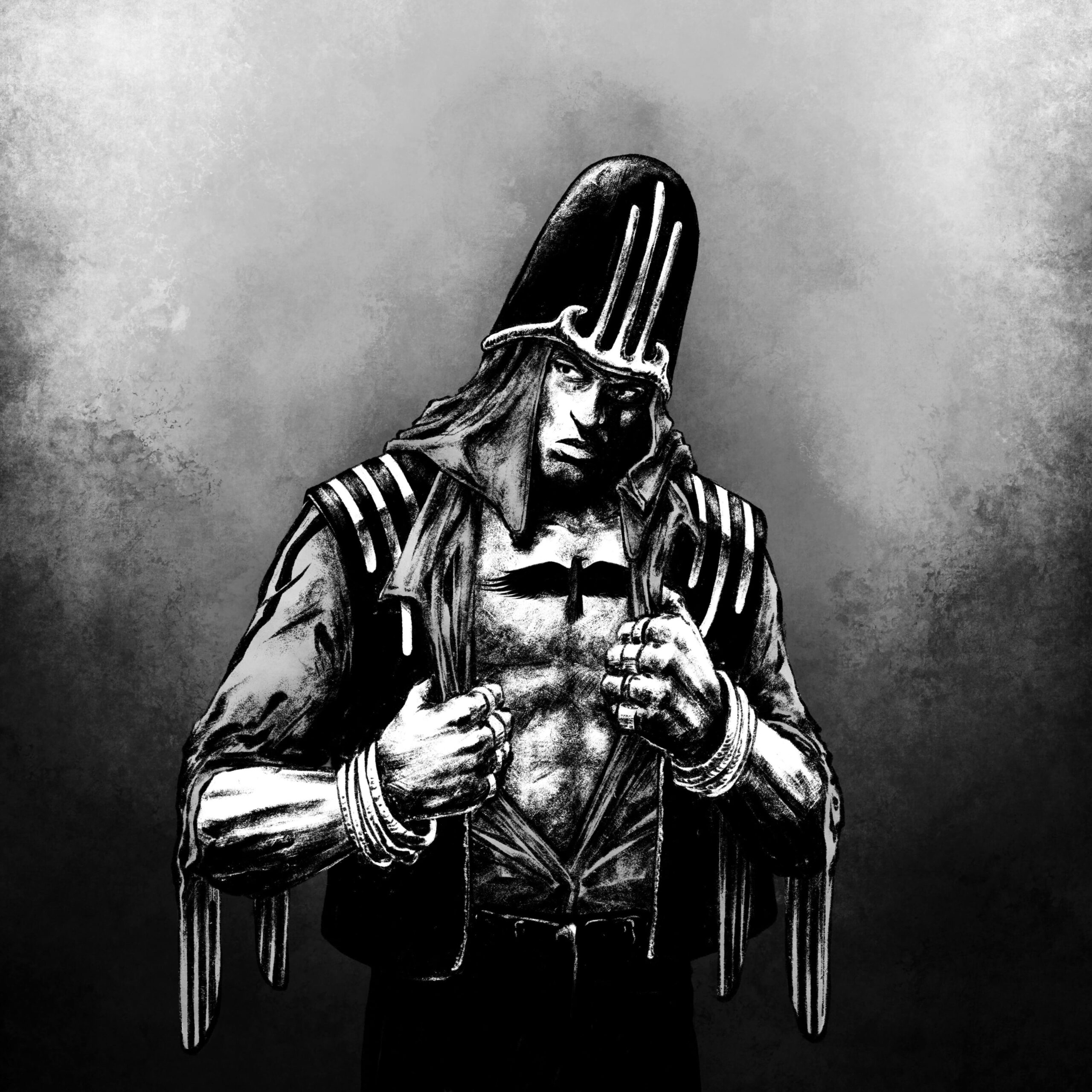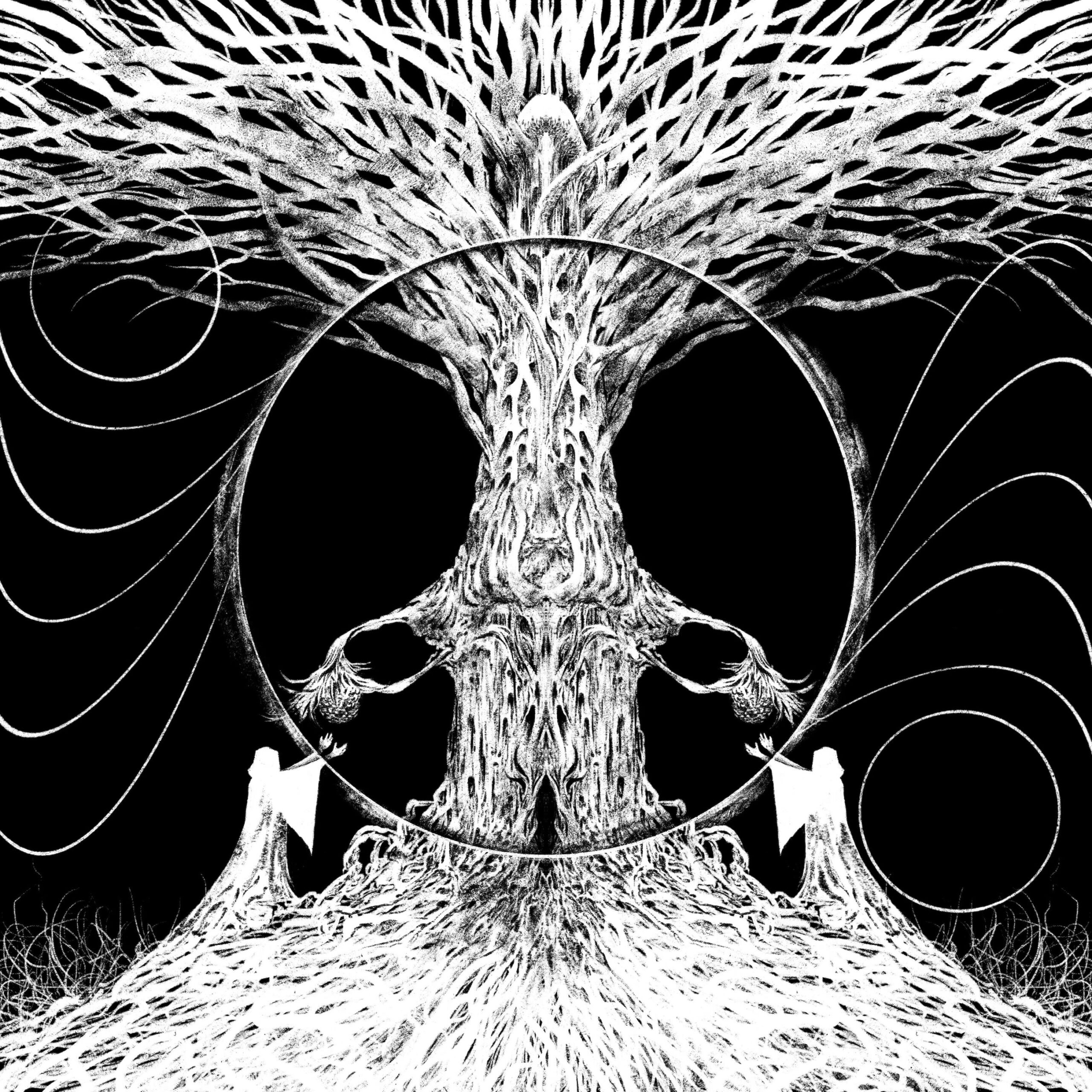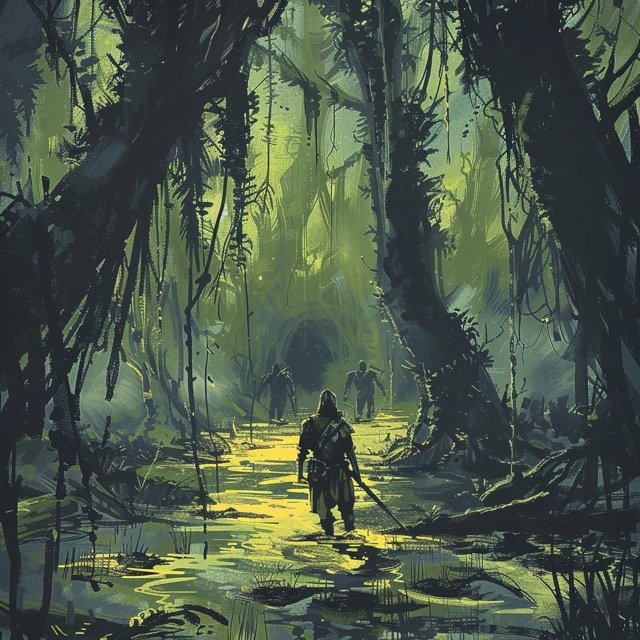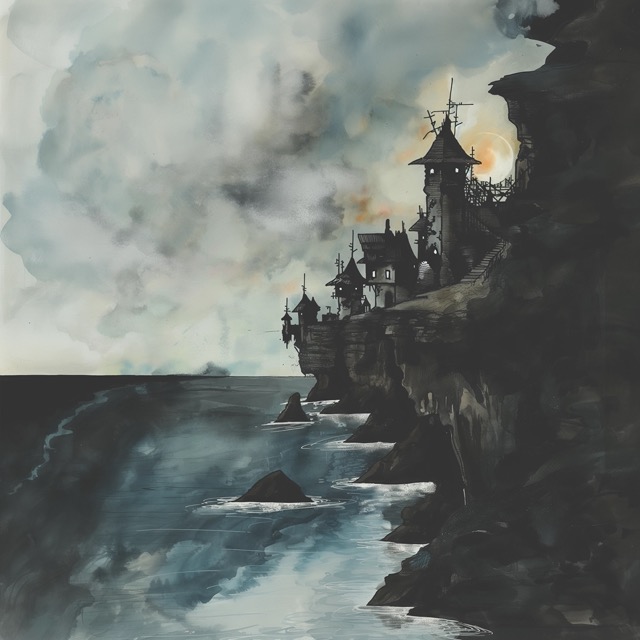The Spirit of the Old Raids & the Bloody Bonnets

Have taken part in the amiable reconciliation of a local dispute. Am surveying the scenic Uplands with new traveling companions.
Official Report by Dahlchus Mithryen to the Imperial Governor, East Sindar Region
From the personal journal of Dahlchus Mithryen:
After my misadventures in Lairdston, I continued my tour of the Barrowmarch, eventually making my way to the Uplands of the region. The land is known for its production of peat. Oddly, its roads are chockablock with wailing maidens. They tend to fields and beasts in noisy misery. Many of these maidens are watched over by a curious religious order of veiled women, known locally as the “Sisters.”
At a water trough in the town of Mulldale, I was informed of the situation by two maids. The girls told me all the women of the Uplands — and not a few young men, as well — were lovesick for a dashing copper-haired rogue named “Bonny” Langdon, yet another member of the Bloody Bonnets (it seems I am destined to keep encountering these brigands). Furthermore, Langdon had recently chosen a beloved: A woman named Trista, the Sheriff’s daughter. When her father discovered them, he arranged a hasty marriage for Trista to a local merchant. The end of this story was cut short, however, when a Sister approached. As she entered the yard, the maids bent their heads and all but ran back to their abodes, leaving me alone with my horse by the trough.
That evening, as I dined with the prominent men of Mulldale, I learned the wedding was to take place on the morrow. After many a cup of wine, the idea was proposed that I should officiate the ceremony, for the presence of a representative of the Imperial Court would be a greater honor than the town had ever seen. Though proposed as an impromptu suggestion, I suspect this was a planned outcome of the gathering and my Imperial badge a tool to add legitimacy to a rushed nuptial.
Since I am a stranger in these lands, I was provided a Sister to instruct me in their religious ceremonies. These women give up their names and families to join the Order of the Willow, a group founded to temper the fury of men, sow peace amongst the locals, and protect the virtue of women.
The Uplands, it seems, was once notorious for banditry and small-scale clan warfare. A signature of these conflicts was “Bridal Raids,” a local euphemism for incursions with the intent of taking female hostages. Such raids served the double purpose of denying a rival clan a vital labor source, but also shaming their warriors into submission.
My assigned Sister informed me that, after generations of being traded back and forth between the clans, a group of captive women made their escape into the wild, forming The Willows. But rather than remain hidden, they took part in their own raids, liberating fellow female hostages. After a particularly poor harvest, due to worker shortages and a months-long frost known as the “Barren Winter,” the clans joined together with the Sisters to end the feuding.
The Willows agreed to return to society if a contingent remained to guard the honor of their “sisters.” The clans acquiesced if the Sisters oversaw their marriage ceremonies. However, the spirit of the old raids had not dissipated. The next day I saw the compromise in practice.
The first portion of the tripart ceremony, “The Pursuit,” consisted of a horseback hunt wherein the potential husband searches an agreed-upon portion of woods for his bride-to-be before the girl’s father, brothers, and other male kin. Apparently, the competition is only ceremonial, and my part was not to be an impartial overseer, but to ensure that the would-be husband arrived where the girl’s family “drove” her. As an outsider, I was hopelessly lost. The poor groom and I wandered aimlessly about the peat for some time.
Luckily, one of the sheriff’s deputies found Trista and her suitor was dutifully led to her. I could not say which deputy it was, for they all wore cowls to guard against the autumn chill.
The second ritual went no more smoothly. “The Taking,” required the suitor to gallop at his betrothed and sweep her onto his saddle, an act requiring expert horsemanship on the man’s part and great nerve on the woman’s. Trista, at the last moment, stepped aside from the charging mount. The attendees chalked it up to anxiety. But I never saw her eyes waver, not even as her betrothed’s horse panicked and stumbled to the ground.
The suitor’s embarrassment was so great, he did not begrudge a deputy from lending him his horse or placing Trista there himself before we all rode to a nearby glade.
The final ritual was “The Pledge,” a series of call-and-response vows. The wording of my Sister’s instructions caused me to mix up the vows for Trista’s kin and her suitor.
“And do you swear to honor this woman? To defend her against detention?” I asked.
The sheriff and his men complied.
“And you vow to uphold this union? To raise arms against its assailants?”
The suitor agreed.
The ceremony was further disrupted, however, when a stark naked and shivering woman emerged from the treeline. She pointed a shaking finger at my assigned Sister, shouting accusations of being waylaid upon the road to the wedding.
The veiled Sister tore away her coverings to reveal a woman in a tunic and breeches, with short-cropped chestnut hair. This, I learned later, was Werefreya, “the Mad Maid.” She retorted, from behind a drawn brace of pistols, that this was a lesson: That the Willows had forgotten their mandate and now only served to perpetuate the spirit of the Bridal Raids.
In the confusion, the sheriff’s helpful deputy tore free his hunting cowl. The man’s scarlet mane seemed to bleed into his red bonnet, leading me to conclude he was none other than the infamous amorist, “Bonny” Langdon.
Quick as lightening and ferocious as thunder, Langdon drew a sword and dagger, knocking aside more sloppily drawn blades before going to his now-married wife.
After all, he had found her, put her ahorse, and had taken the betrothed’s vows.
The newlyweds mounted a horse and rode off. Before extracting an additional vow of protection from the suitor with the promise of another unexpected visit, Werefreya bid me onto her horse. She reckoned a hostage from the Imperial court would dissuade the sheriff’s men from pursuing them.
She was right.







